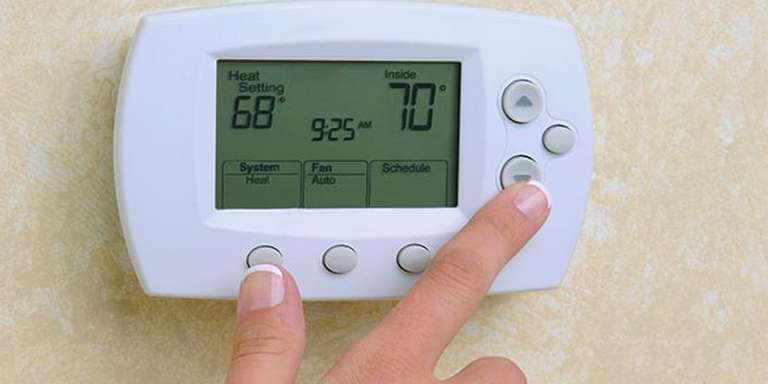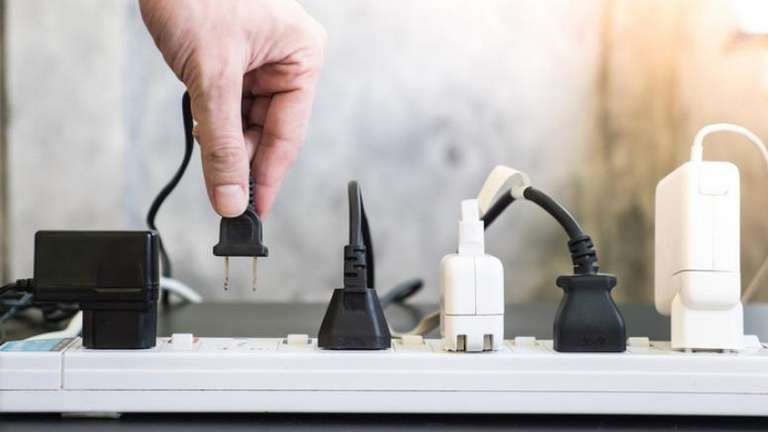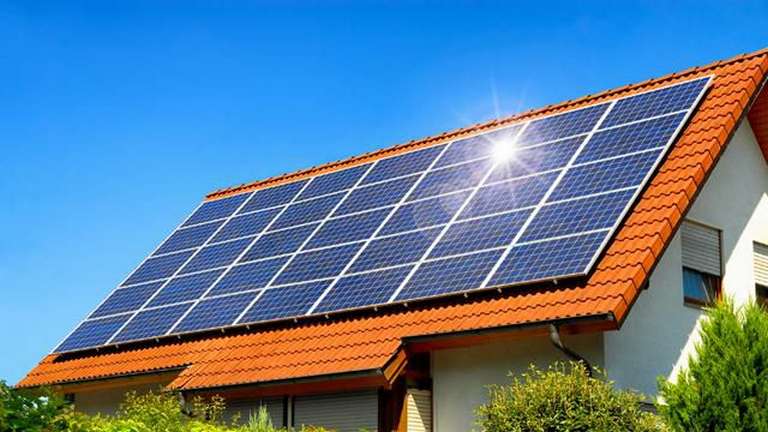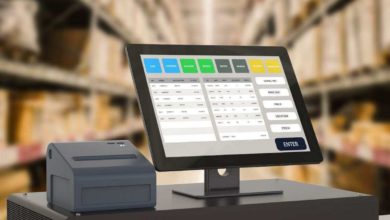
Saving energy is a tricky business, and there’s a lot of misinformation floating around regarding energy efficiency and consumption.
These myths discourage people from doing something beneficial for the planet and future generations.
According to the Intergovernmental Panel on Climate Change (IPCC), humans need to cut down carbon emissions to ‘net zero’ by 2050. That means reducing the emissions by at least 45% by 2030!
Failing to meet this goal means nothing would stop the global temperature from crossing the 1.5-degree Celsius threshold. It would be catastrophic and irreversible damage.
Scientists are racing against time to stop that from happening. However, the goal would remain unachievable if changes don’t happen at the individual level.
Therefore, let’s debunk ten myths about energy efficiency and consumption to ensure individual contributions towards that goal:
Myth 1: Turning Up The Thermostat Makes You Warm Faster
No, it doesn’t. It makes you warmer, but it doesn’t speed up the process. The final temperature should match the thermostat readings, but that won’t happen any quicker.
In fact, the ideal temperature should be around 20 degrees celsius. In the hope of getting warm sooner, the increased temperature will make you uncomfortable instead. Besides, it’s a wastage of energy.

If you want to feel warm as soon as you enter your home, you should purchase a smart thermostat.
The device allows you to control the temperature remotely from your phone. Moreover, you can have different temperature settings for different rooms.
With a smart thermostat, you can slightly lower the temperature of rooms that are not in use, thereby reducing your utility bills.
Myth 2: Leaving Devices On Standby Saves Energy Costs
Your appliances draw power – even when they are on standby mode. In case you didn’t know, that’s one of the major factors causing your electricity bills to rise.

While it’s difficult to calculate an exact figure (varies with tariff, geographic location, and supplier), it’s safe to say that you should unplug the device when not in use.
Myth 3: Using Electricity Is Cheaper At Night
Some suppliers charge their customers on the basis of time-of-use tariffs. In order to attain supply-demand balance, they charge cheaper rates during low-demand periods.
On the other hand, charges are higher during peak-demand periods. Midnight to 7 a.m. is generally considered “off-peak” duration. It may, however, vary with your region, tariff, and meter.
Because many customers are not aware of this system, they end up believing that electricity usage is cheaper at night.
Hence, consider switching your supplier to one that offers such plans, such as Infinite Energy.
Myth 4: Investing In Energy-Efficient Appliances Increases Housing Expenses
Premium appliances come with a warranty and lots of energy-saving features. Yes, some of them may cost more, but in the long run, they help you save a lot of money!
Besides, there are plenty of cost-effective yet efficient devices available nowadays, which may even lower your housing expenses.
Consider a “downsized” version of the premium gadget that you are looking for. For instance, you can install smaller, highly efficient cooling and heating systems in your new home.
Fortunately, there is no compromise in this approach. These units generate the same level of cooling or heating as their larger, inefficient counterparts!
Myth 5: Solar Farms And Agriculture Cannot Co-Exist
There is a misconception that constructing solar farms erodes useful agricultural land. Let’s put that into perspective, shall we?
The Department of Energy (DOE) notes that solar farms would require almost 2 million acres of land to meet the 329 gigawatts of solar energy capacity by 2030 in the US.

However, that’s not even 0.1% of the country’s total land area. Besides, DOE has come up with many feasible solutions, such as co-locating solar and crop production.
Another trick is to select low-grade land for solar farms.
Myth 6: Renewable Energy Is Expensive
This was true a decade ago.
Today, however, it is among the biggest myths clouding the subject. On the contrary, biomass, solar, and wind are cheaper sources compared to nuclear, coal, and electricity.
Renewable energy is only marginally costlier than gas. As technology evolves, it will become more affordable in every part of the world.
Myth 7: Customers Don’t Care About Green Business
This is not true. Both employees and customers care about “green business”. They perceive an environmentally conscious company as more valuable than its competitors.
Businesses that are socially responsible successfully capture the attention of potential customers, especially millennials. They are particularly mindful of where they spend their money.
Employees, too, take pride in associating themselves with a company that cares deeply about corporate social responsibility.
Myth 8: Incorporating Energy-Saving Technology Is Time-Intensive For Small Businesses
This is another myth prevalent in the corporate world. The reality, however, is that investing in energy-saving technology gives small businesses the crucial competitive edge that they so direly need.
Time shouldn’t be a barrier, and it is not a barrier, truth be told.
If you are a small business owner, you can reach out to the local Chamber of Commerce, as well as gas and electricity utilities that can help you save costs.
Myth 9: Electric Heaters Can Lower Energy Consumption
Unfortunately, this is a myth as well. While it makes sense to switch to electric heating, it’s the generation process that is still inefficient.
If your supplier uses natural gas or coal for electricity generation, then using an electric heater won’t really make much of a difference than using a gas heater.
In fact, if the source is non-renewable, electric heating will increase your utility bills!
Myth 10: Solar Energy Cannot Be Used At Night
It’s understandable why one would believe that. Sunshine is equal to solar energy. However, there are ways to store that energy and use it at night.

While it is true that solar panels don’t operate at night, the storage technologies have made this possible.
In Closing
The myths surrounding energy utilization can be detrimental not just for your utility bills but also for the well-being of our planet and only home.
By addressing these myths and subscribing to energy-efficient power suppliers like Oncor, you can make a considerable difference when it comes to energy efficiency and consumption.



